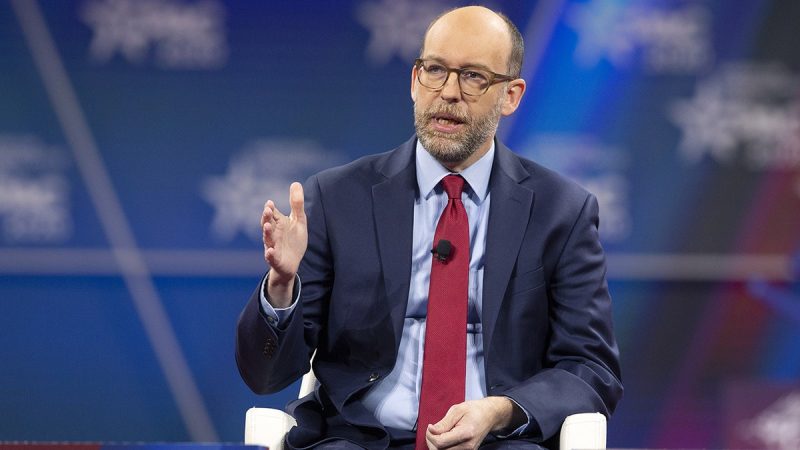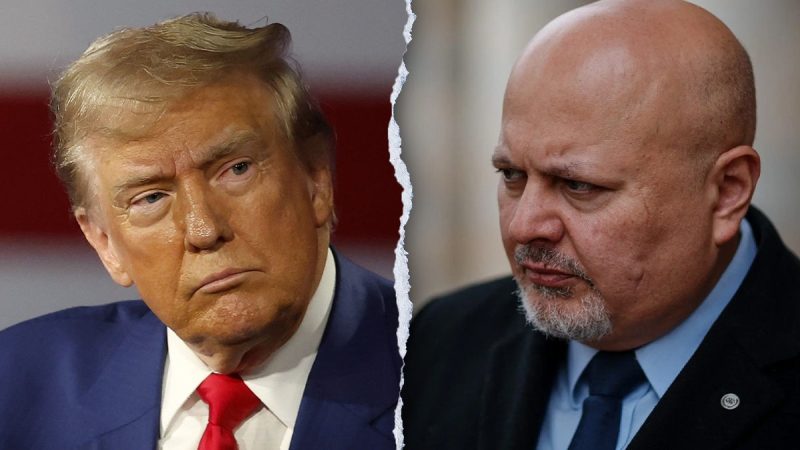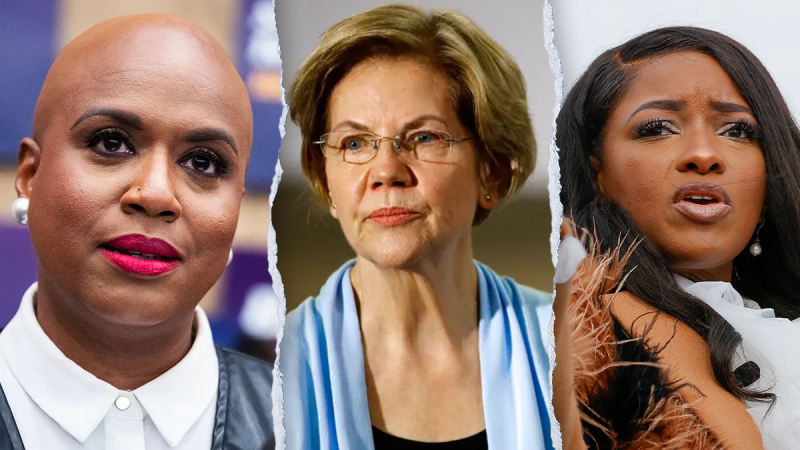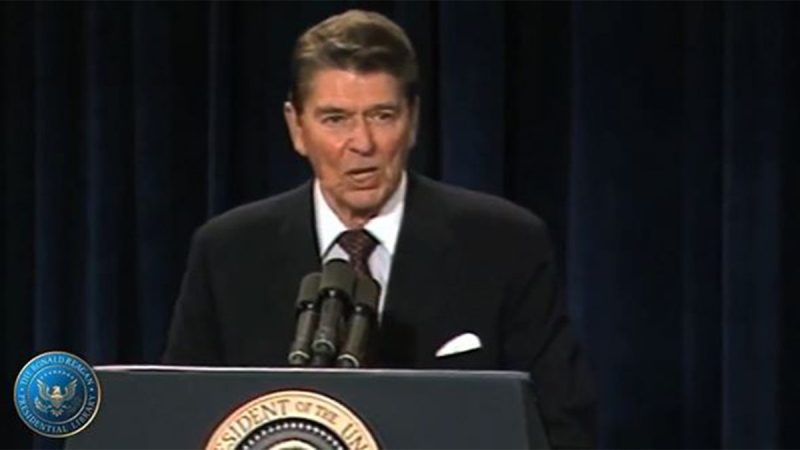

With Bitcoin and other digital stores of wealth gaining popularity, Bitcoin mining stocks offer another investment opportunity for those who believe in the future of this technology.
Although the cryptocurrency market is marked by high volatility, analysts such as Peter Eberle, president and CEO of Castle Analytics, believe it could be a rewarding sector for investors this year and next.
“The incoming pro-crypto Trump White House has given a lot of confidence to investors, both institutional and retail, and this should reduce the uncertainty that has held many investors back from the sector,’ he continued. ‘Both Canadian and US crypto investors should see the benefits from this confidence in the asset class.’
Bitcoin set a new all-time high price of US$103,697 on December 4, 2024, and is trading above US$97,644 as of February 4, 2025.
The global cryptocurrency-mining market is forecast to reach nearly US$8.24 billion by 2034, growing at a compound annual growth rate of 12.9 percent between 2024 and 2034.
“The industry is expanding primarily because of the development of distributed ledger technologies and an increase in electronic venture capital investment,” notes Precedence Research. “Digital currency is now being used by developing nations as a means of financial transactions.”
US cryptocurrency stocks
1. MARA Holdings (NASDAQ:MARA)
Market cap: US$5.99 billion
MARA Holdings, previously Marathon Digital Holdings, was one of the first cryptocurrency-mining companies to begin trading on the NASDAQ. The digital assets company is focused on building North America’s largest and lowest-cost mining operation.
In its Q3 2024 financial and operational report, MARA shared that its hash rate for the quarter increased by 93 percent year-over-year to 36.9 exahashes per second (EH/s) and that its Bitcoin production came in at 2,070 Bitcoin. With the price of Bitcoin spiking more than 116 percent compared to the same quarter in the previous year, this helped the company’s revenues shoot up by 35 percent to US$132 million.
2. Riot Platforms (NASDAQ:RIOT)
Market cap: US$4.23 billion
Bitcoin miner Riot Platforms is another one of the relatively few crypto mining companies trading on the NASDAQ. In addition to mining Bitcoin itself, the company has multiple subsidiaries working in different aspects of the business, including one that hosts Bitcoin-mining equipment for clients.
In the third quarter of 2024, Riot’s Bitcoin production came in at 1,104 Bitcoin, in line with the figure it produced for the same quarter in the previous year, despite the halving event in April. However, robust gains in the price of Bitcoin still allowed for an increase in total revenues year over year, coming in at US$84.8 million, up 65 percent compared to the same quarter in 2023.
3. Cipher Mining (NASDAQ:CIFR)
Market cap: US$2.02 billion
Cipher Mining operates an industrial-scale ecosystem of Bitcoin-mining data centers, offering Bitcoin-mining services to customers worldwide.
The company’s total self-mining capacity goal of 13.5 EH/s was reached in December 2024. Cipher plans to expand further to approximately 25.1 EH/s by the end of 2025. In Cipher’s Q3 2024 report, the company shared that it saw revenue of US$24.1 million during the quarter, down 20.5 percent year-over-year. Its assets included 95,459 Bitcoin at that time, up significantly from 32,978 Bitcoin at the end of 2023.
Canadian cryptocurrency-mining stocks
1. Hut 8 Mining (TSX:HUT)
Market cap: C$2.95 billion
Hut 8 Mining is one of the largest Bitcoin and Ethereum mining companies in the world. It has more than 1,322 megawatts of existing power capacity; 10 Bitcoin mining, hosting, and managed services facilities; and five high performance computing data centers.
As of the end of the third quarter of 2024, the company’s self-mined Bitcoin held in revenue stock stood at 9,106. Hut 8 mined 234 Bitcoin in the quarter, down 65 percent from its output in the same period last year as it had shut down its Drumheller, Alberta, site over high energy costs. However, revenue reached US$43.7 million, up by more than 103 percent year over year.
2. Bitfarms (TSX:BITF)
Market cap: C$1.03 billion
Blockchain infrastructure firm Bitfarms is one of the largest cryptocurrency-mining operators in the Americas. The firm has 13 Bitcoin mining facilities across Canada, the US, Paraguay and Argentina.
In its third quarter 2024 report, Bitfarms highlighted total revenue of US$45 million, up 30 percent year over year. As of late January 2025, the company had a hashrate of 15.2 EH/s, up from 7 EH/s in mid-May 2024. Management believes Bitfarms is on track to achieve a hashrate of 21 EH/s this year.
After receiving an unsolicited takeover bid from Riot Platforms and competing ones from other companies in H1 2024, Bitfarms began conducting a strategic review to determine the best path forward for its shareholders.
3. HIVE Digital Technologies (TSXV:HIVE)
Market cap: C$547.14 million
Mining digital assets such as Ethereum, Ethereum Classic and Bitcoin, HIVE Digital Technologies is a crypto mining company that operates mining facilities in Sweden, Canada and Iceland. The company was the first publicly traded cryptocurrency miner, listing on the TSX Venture Exchange in 2017.
HIVE reported in early January that its Bitcoin holdings stand at 2,805 Bitcoin. As of the end of December 2024, the company reached 6.0 EH/s of operational hashrate, up 47 percent from 4.08 EH/s on December 31, 2023.
Securities Disclosure: I, Melissa Pistilli, hold no direct investment interest in any company mentioned in this article.
























